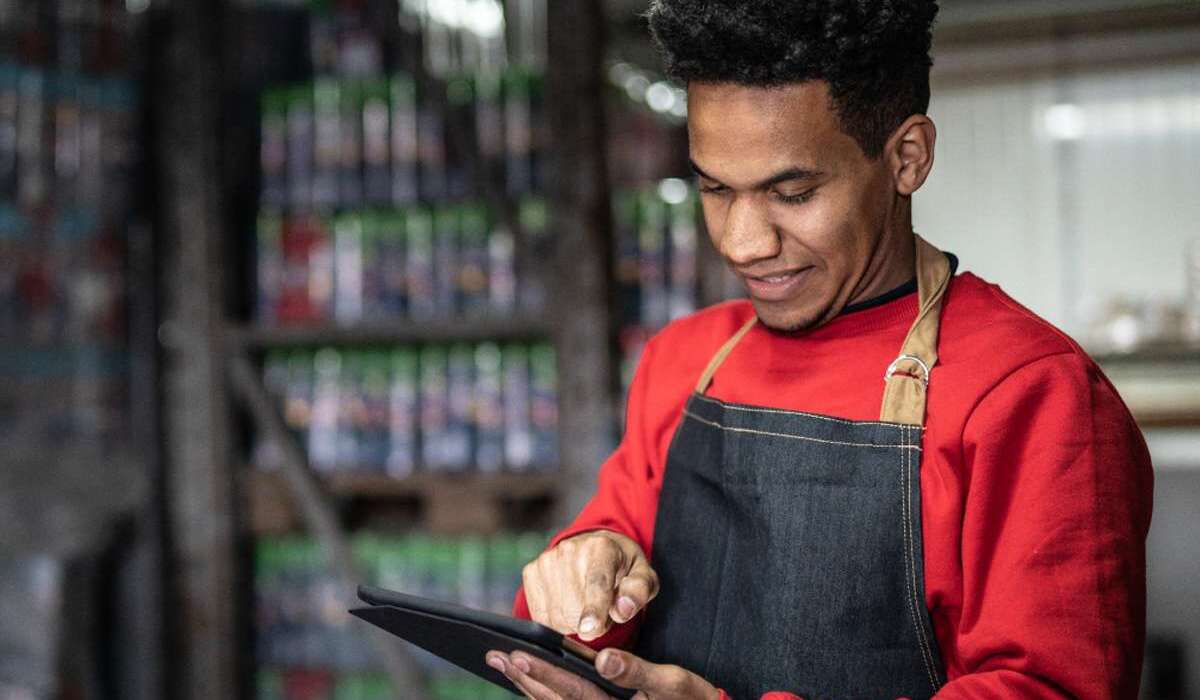
It seems like you can’t go anywhere these days without running into the topic of artificial intelligence. Recently, entire Instagram feeds were taken over by users posting their Lensa AI portraits. Grocers haven’t been immune to the talk of the tech in the past, but recent mentions of AI in the news states stores and distributors are starting to use it in their operations.
Last month, distributor and retailer SpartanNash announced a pilot program for 10 grocery stores in Michigan that will test AI ordering and fulfillment. The tech will use predictive ordering based on purchase history to forecast what needs to be refilled automatically. The goal of this program is not only to make purchasing easier and more accurate for grocers but also to reduce food waste. The program will hopefully allow grocery store employees to focus on customers in-store, rather than spending more time than necessary ordering stock.
A Progressive Grocer article debuted recently suggesting the efficiency of AI shelf programming for food pricing, waste, and profitability. The piece focused on the Ohio-based company The Stores Consulting Group and its CEO, Rick Marino. The firm suggests a combination of AI programming and Electronic Shelf Labels to optimize pricing for perishable foods like produce and deli items. The system implements freshness tracking to adjust prices on items that are nearing their expiration date. This means that more customers may be incentivized to purchase items that may have ended up in a landfill had they not been priced reasonably. Marino suggests the firm’s findings have shown reduced food waste by 50%, 20% boosted revenue, and a 3% bump in net margins.
Several stores are testing a new system that uses AI product recognition and video technology to optimize inventory for grocery stores. The program utilizes a continuous stream of images of shelves to identify products that are low in stock, which can help merge system stock data and what is actually available on the shelves. This can make inventory management systems more accurate for stores.
While awareness of AI technology may be on the rise, the main takeaway is that utilizing data from customer purchases and inventory management can greatly improve the efficiency of your ordering process. Even if you’re not ready to implement AI in your store, you can utilize tools like self-checkout, smart carts, ESLs, SMS store management, and more to get the benefits of artificial intelligence. Reach out to an STCR representative today to explore what tech you can use to upgrade your business.